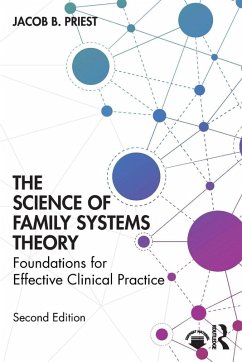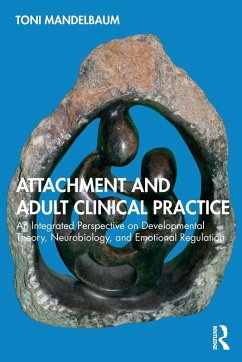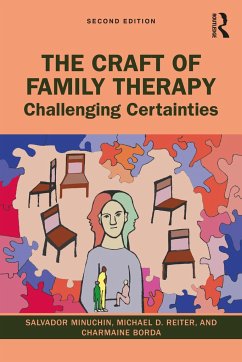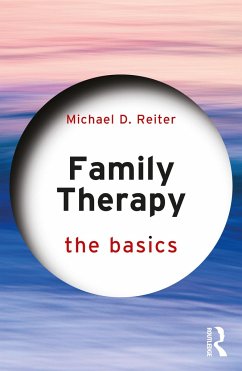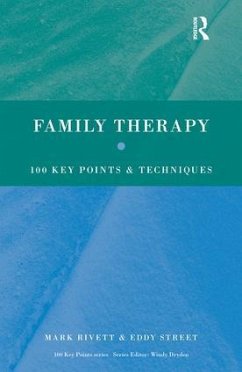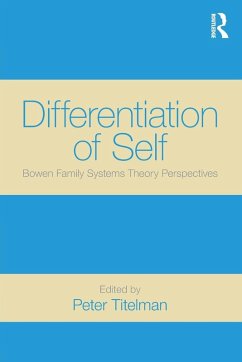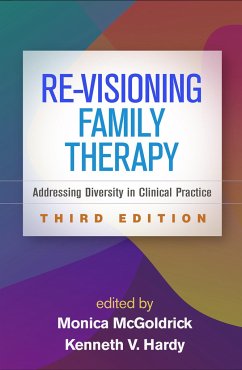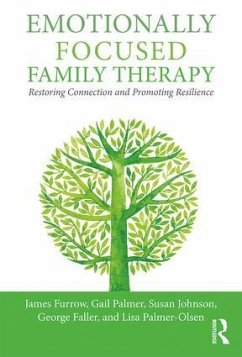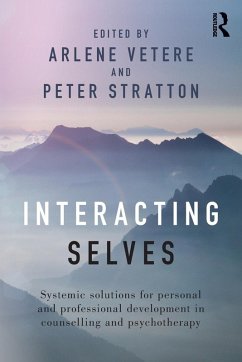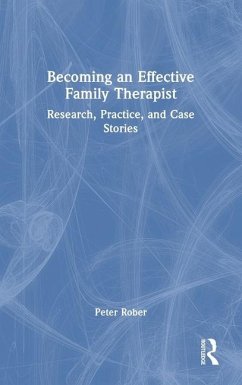Nicht lieferbar
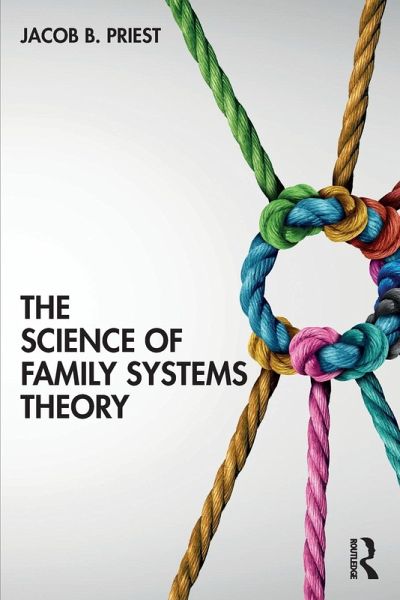
The Science of Family Systems Theory
Versandkostenfrei!
Nicht lieferbar
Weitere Ausgaben:
This accessible text examines how the science of autonomy and adaptation informs all family therapy approaches and discusses how clinicians can use this science to improve their practice.Uniquely focussing on how to integrate science as well as theory into clinical practice, the book provides an overview of science from multiple domains and ties it to family systems theory through the key framework of autonomy and adaptation. Drawing on research from genetics, physiology, emotion regulation, attachment, and triangulation, chapters demonstrate how a comprehensive science-informed theory of fami...
This accessible text examines how the science of autonomy and adaptation informs all family therapy approaches and discusses how clinicians can use this science to improve their practice.
Uniquely focussing on how to integrate science as well as theory into clinical practice, the book provides an overview of science from multiple domains and ties it to family systems theory through the key framework of autonomy and adaptation. Drawing on research from genetics, physiology, emotion regulation, attachment, and triangulation, chapters demonstrate how a comprehensive science-informed theory of family systems can be applied to a range of problematic family patterns. The text also explores self-of-the-therapist work and considers how autonomy and attachment are connected to systems of power, privilege, and oppression.
Supported throughout by practical case examples, as well as questions for consideration, chapter summaries, and resource lists to further engage the reader, The Science of Family Systems Theory is an essential textbook for marriage and family therapy students as well as mental health professionals working with families.
Uniquely focussing on how to integrate science as well as theory into clinical practice, the book provides an overview of science from multiple domains and ties it to family systems theory through the key framework of autonomy and adaptation. Drawing on research from genetics, physiology, emotion regulation, attachment, and triangulation, chapters demonstrate how a comprehensive science-informed theory of family systems can be applied to a range of problematic family patterns. The text also explores self-of-the-therapist work and considers how autonomy and attachment are connected to systems of power, privilege, and oppression.
Supported throughout by practical case examples, as well as questions for consideration, chapter summaries, and resource lists to further engage the reader, The Science of Family Systems Theory is an essential textbook for marriage and family therapy students as well as mental health professionals working with families.






